GLP-1, or glucagon-like peptide-1, is a hormone produced in the gut that plays a crucial role in regulating blood sugar levels, appetite, and insulin secretion. When we eat, GLP-1 is released into the bloodstream, where it stimulates the pancreas to produce insulin, the hormone responsible for lowering blood sugar. It also helps suppress glucagon, another hormone that increases blood sugar. Beyond managing blood sugar, GLP-1 also promotes feelings of fullness, making it an essential component in controlling appetite and, by extension, weight management.
In recent years, GLP-1-based medications have gained prominence for treating type 2 diabetes and obesity. These medications work by mimicking the effects of GLP-1, helping individuals better regulate their blood sugar levels and reduce food intake. However, these treatments may come with side effects and are often prescribed in clinical settings.
Enter citrus bioflavonoids like Eriomin, a natural compound derived from lemons. Eriomin has shown potential in supporting healthy blood sugar levels by enhancing the body's natural GLP-1 production. Bioflavonoids are known for their antioxidant and anti-inflammatory properties, and Eriomin, in particular, has been studied for its role in glucose metabolism. It works by promoting insulin sensitivity, improving glucose uptake, and reducing oxidative stress, which is often linked to insulin resistance.
By supporting GLP-1 production and function, citrus bioflavonoids like Eriomin offer a natural and complementary approach to managing blood sugar levels, potentially reducing the need for synthetic medications. For individuals seeking a more holistic method to manage blood sugar, incorporating bioflavonoids may provide added benefits while supporting overall metabolic health.

